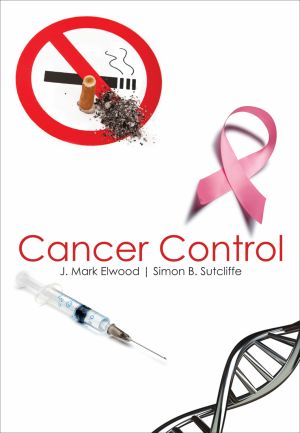
Breast Cancer: The Facts You Need To Know
by Pat Kelly, Mark Levine
One in eight North American women will learn that she has breast cancer. While survival rates are improving, the diagnosis still wreaks havoc on their lives and families. A complex illness, breast cancer affects all aspects of a woman’s life: her physical health and future wellbeing, her primary relationships, her children, her self-esteem, her sexuality.
Leadership from the Heart – Guide for Group Leaders
by Pat Kelly
Using the expertise of dedicated facilitators of cancer support groups along with the poignant stories of group members, this work offers ideas to those who want to start a group or facilitate an existing one. It includes a list of Canadian resources and Internet sites.


WHO Guide to Advocacy for Cancer Control
by the World Health Organization
More than 70% of all cancer deaths occur in low- and middle-income countries, where resources available for prevention, diagnosis and treatment of cancer are limited or nonexistent. Yet cancer is to a large extent avoidable. Over 40% of all cancers can be prevented. Some of the most common cancers are curable if detected early and treated. Even with late cancer, the suffering of patients can be relieved with good palliative care. Cancer Control: Knowledge into Action, WHO Guide for Effective Programs is a series of six modules offering guidance on all important aspects of effective cancer control planning and implementation. This sixth module on Policy and Advocacy shows decision makers and program managers how to advocate for policy development and effective program implementation of cancer control.
Cancer Control – edited by J. Mark Elwood and Simon B. Sutcliffe – Chapter 16 – Getting the public involved in cancer control – doing something besides worrying
Cancer Control addresses the development of integrated population-based approaches to reduce the incidence and mortality from cancer and to minimize its impact on affected individuals and on the community. It covers a spectrum of prevention, early diagnosis, optimal treatment, and supportive and palliative care, and emphasizes the application of new knowledge gained through research to achieve current best practice.


Advocacy to Advance Cancer Control Policy
by Esther Green, Beth Kapusta, Pat Kelly
In 1999, over 700 cancer experts and cancer survivors met to begin development of the Canadian Strategy for Cancer Control, a coordinated plan to “prevent cancer, cure cancer, and increase survival and quality of life for those who develop cancer, by converting the knowledge gained through research, surveillance and outcome evaluation into strategies and actions.
